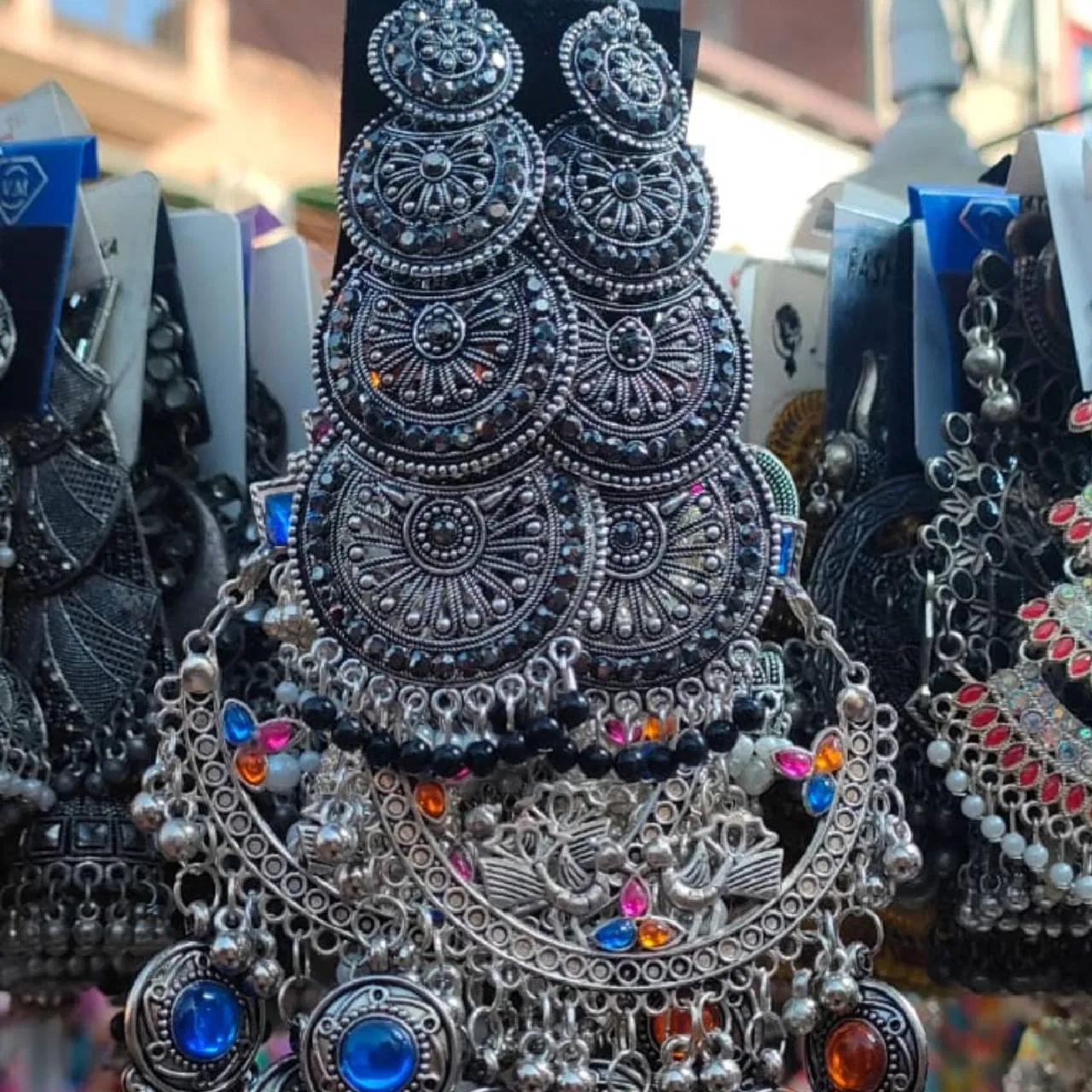LIFESTYLE
Why Should We Avoid Eating Mangoes at Night? Experts Explain the Potential Harm
- byPranay Jain
- 24 Apr, 2025

Mango, often referred to as the king of fruits, is beloved for its sweet taste and nutritional value. It’s packed with vitamins, antioxidants, fiber, and natural sugars. However, while consuming mangoes during the day is beneficial, eating them at night may not be the best choice, according to experts. Here's why:
1. Slow Digestion at Night
- Explanation: The body's digestion process naturally slows down during the night. Mangoes, being a sweet and heavy fruit, may be difficult to digest when consumed late in the evening. This can lead to discomfort such as gas, indigestion, stomach pain, and a feeling of heaviness.
2. Increased Blood Sugar
- Explanation: Mangoes are high in natural sugar (fructose). When eaten at night, they can cause a sudden spike in blood sugar levels, which is especially concerning for those with diabetes. This spike can also affect insulin sensitivity, potentially causing long-term health issues.
3. Weight Gain
- Explanation: Mangoes are calorie-dense and high in sugar. Eating them at night, when the body isn't as active and doesn’t have time to burn off the calories, can result in those calories being stored as fat. This can contribute to weight gain over time.
4. Sleep Disruptions
- Explanation: Mangoes can boost energy levels in the body, making it harder to relax and wind down before bedtime. This can interfere with the body’s ability to fully rest, leading to poor quality sleep and possible disturbances during the night.
In conclusion, while mangoes are a nutritious and delicious fruit, it's best to consume them during the day to avoid potential digestive issues, spikes in blood sugar, weight gain, and disturbances in sleep.






